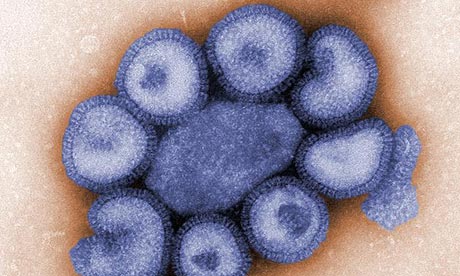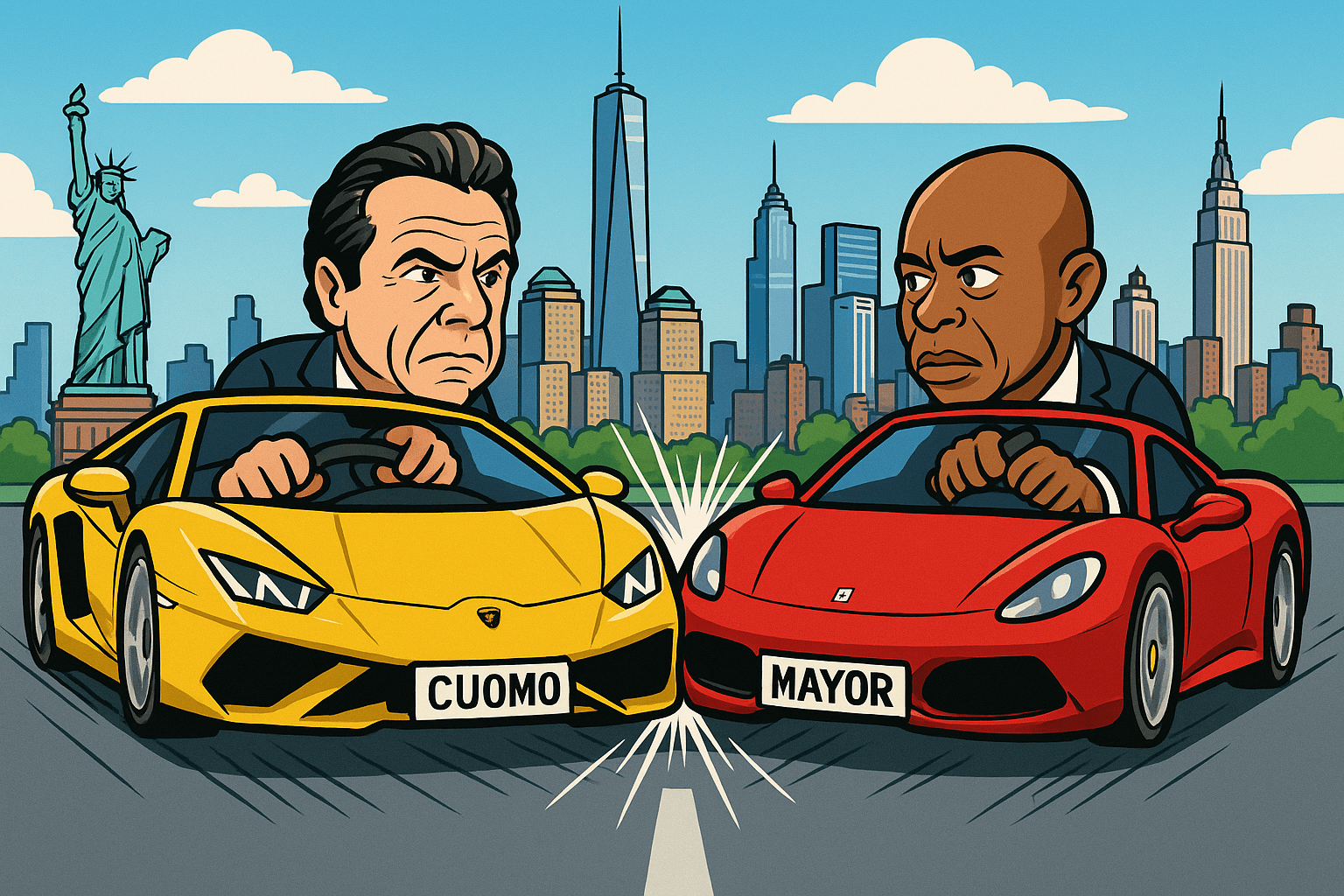Canceled Swine Flu pandemic raises serious financial, political, and scientific questions

It's official, the Swine Flu scare is over. When the World Health Organization (WHO) downgraded H1N1 from pandemic status on Tuesday, critics said this move should have come long ago when it was determined that the disease was less severe than the common flu.
A list of flu advisors released by the WHO is now raising further concerns about the organization’s roll in overhyping the illness and pandering to vaccine manufacturers.
Once predicted to be in the millions, the official death toll reached 18,449 as of last week, leading WHO Director-General Margaret Chan to claim that swine flu has “largely run its course.” She added, "This pandemic has turned out to be much more fortunate than what we feared a little over a year ago." On average, about 36,000 people die from seasonal flu each year in the United States alone.
Since the outbreak began in April of 2009, the WHO has received at least $170 million from member states. This money has funded vaccination programs even after many European legislators repeatedly claimed the WHO was overstating the severity of Swine Flu to boost pharmaceutical profit. Taxpayers shouldered the brunt of the financial burden as billions of dollars have been spent by governments to purchase vaccines, most of which have gone to waste.
But, skeptics of the Swine Flu scare are asking why WHO officials declared a level six pandemic last June when questions arose about the high likelihood of unverified diagnoses, with many doctors misreporting common flu symptoms as being caused by the H1N1 strain.
A leading health expert in Europe went on record in January stating that H1N1 was part of a “false pandemic.” Wolfgang Wodarg, head of health at the Council of Europe, claimed major drug companies fomented a "campaign of panic" to pressure the WHO into declaring a pandemic. It turns out that the very same experts who pushed to raise the pandemic alarm have close financial ties to the pharmaceutical and vaccine companies who made windfall profits from the disease.
“It all has the makings of a grand global con,” writes Mike Adams of NaturalNews.com. He continues:
“The WHO enlists advisors with financial ties to the vaccine industry to decide whether a pandemic is under way and then conveniently follows their advice in making a decision that many health experts around the world have been questioning from the start.”
Chan claims that declaring Swine Flu a pandemic was “the right call” because the international health rules governing outbreaks only take into account the geographic distribution of a disease. However, officials at WHO are willing to revise the definition of a pandemic to take the severity of diseases into account as well, says Chan.
That may be, but Adams contends that the WHO’s credibility is irreparably damaged. “It all has the appearance of medical corruption, and it looks like WHO decisions are based more on politics than medical science,” he writes.




